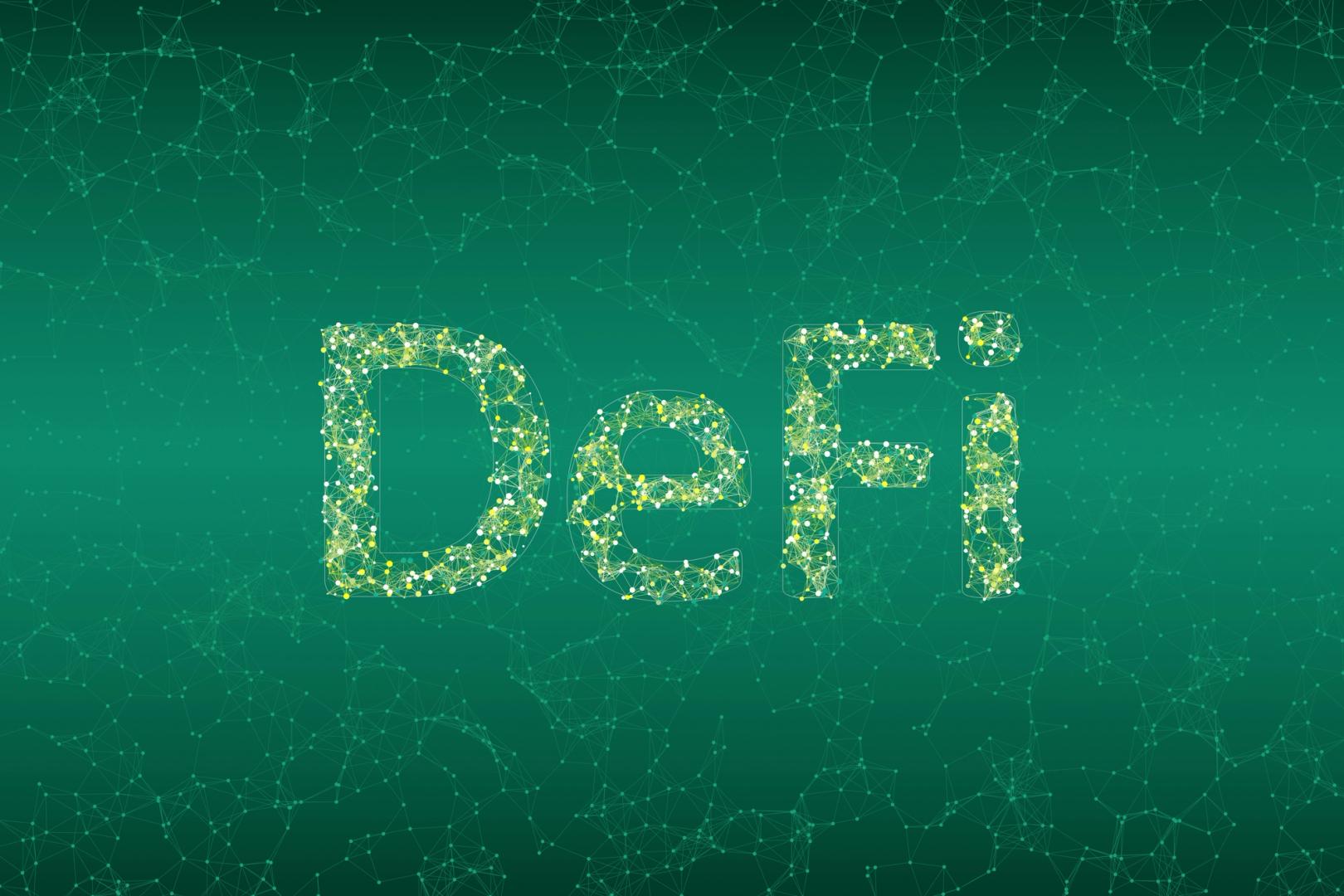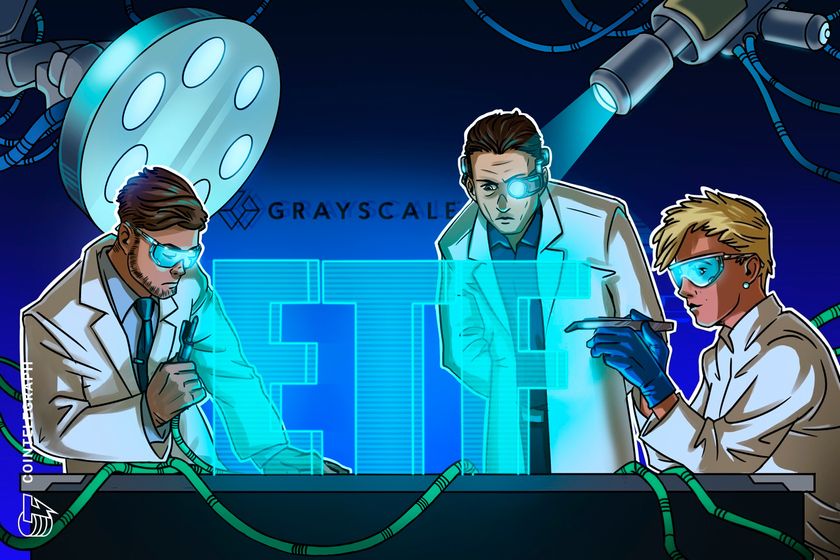Training LLM Agents Just Got More Stable: Researchers Introduce StarPO-S and RAGEN to Tackle Multi-Turn Reasoning and Collapse in Reinforcement Learning
Large language models (LLMs) face significant challenges when trained as autonomous agents in interactive environments. Unlike static tasks, agent settings require sequential decision-making, cross-turn memory maintenance, and adaptation to stochastic environmental feedback. These capabilities are essential for developing effective planning assistants, robotics applications, and tutoring agents that can self-improve through experience. While reinforcement learning (RL) […] The post Training LLM Agents Just Got More Stable: Researchers Introduce StarPO-S and RAGEN to Tackle Multi-Turn Reasoning and Collapse in Reinforcement Learning appeared first on MarkTechPost.

Large language models (LLMs) face significant challenges when trained as autonomous agents in interactive environments. Unlike static tasks, agent settings require sequential decision-making, cross-turn memory maintenance, and adaptation to stochastic environmental feedback. These capabilities are essential for developing effective planning assistants, robotics applications, and tutoring agents that can self-improve through experience. While reinforcement learning (RL) has been applied to LLMs using rule-based rewards, training self-evolving agents that can reason and adapt remains underexplored. Current approaches suffer from training instability, complex reward signal interpretation, and limited generalisation across varying prompts or changing environments, particularly during multi-turn interactions with unpredictable feedback. The fundamental question emerges: which design elements are crucial for creating LLM agents that learn effectively and maintain stability throughout their evolution?
Through diverse methodologies, RL has significantly advanced LLMs’ reasoning capabilities. PPO maintains training stability by clipping policy updates, while GRPO enhances systematic problem-solving abilities. SAC employs entropy-regularised objectives for robust exploration, and meta tokens facilitate structured thinking. PRM and MCTS-based approaches have further improved systematic reasoning. Simultaneously, chain-of-thought techniques like STaR iteratively utilise small rationale examples alongside larger datasets. At the same time, DAPO, Dr. GRPO, and Open Reasoner Zero demonstrate that minimalist RL techniques with decoupled clipping and simple reward schemes can substantially enhance reasoning performance.
LLM agent architectures have evolved from basic reasoning-action frameworks to structured planning approaches and complex multi-agent systems. Testing environments range from specialised platforms like Sokoban and FrozenLake to general-purpose frameworks like HuggingGPT, enabling applications from web navigation to coding assistance and embodied tasks. Despite these advances, challenges persist in architectural complexity and self-correction, particularly for diverse multi-step reasoning tasks where maintaining coherence across interactions remains problematic.
Researchers have approached agent learning through StarPO (State-Thinking-Actions-Reward Policy Optimisation), a unified framework for trajectory-level agent training with flexible control over reasoning processes, reward mechanisms, and prompt structures. Building on this framework, they developed RAGEN, a modular system implementing complete training loops for analysing LLM agent dynamics in multi-turn stochastic environments. To isolate learning factors from confounding variables like pretrained knowledge, evaluation focuses on three controlled gaming environments: Bandit (single-turn, stochastic), Sokoban (multi-turn, deterministic), and Frozen Lake (multi-turn, stochastic). These minimalistic environments require policy learning through interaction rather than relying on pre-existing knowledge. The analysis reveals three critical dimensions of agent learning: gradient stability issues in multi-turn reinforcement learning, the importance of rollout frequency and diversity in shaping agent evolution, and the need for carefully designed reward signals to develop genuine reasoning capabilities rather than shallow action selection or hallucinated thinking processes.
StarPO represents a unique framework designed specifically for optimising multi-turn interaction trajectories in LLM agents. Unlike traditional approaches that treat each action independently, StarPO optimises entire trajectories—including observations, reasoning traces, actions, and feedback—as coherent units. This trajectory-level approach is particularly suited for interactive environments where agents must maintain memory across turns and adapt to stochastic feedback. StarPO’s objective function focuses on maximising expected rewards across complete trajectories rather than individual steps, making it directly compatible with autoregressive LLMs through decomposition into token-level likelihoods. The framework integrates reasoning-guided structured outputs that combine both intermediate thinking processes and executable actions, enabling agents to develop more sophisticated decision-making capabilities while maintaining learning stability in complex environments.
Experimental results reveal that StarPO-S significantly outperforms vanilla StarPO across multiple agent tasks. By implementing uncertainty-based instance filtering, KL term removal, and asymmetric clipping, StarPO-S effectively delays performance collapse and enhances final task outcomes. The stabilised approach demonstrates particular effectiveness in complex environments like FrozenLake and Sokoban, where retaining only 25-50% of high-variance rollouts dramatically improves training stability while reducing computational requirements by up to 50%.
Task diversity and interaction granularity significantly impact performance. Models trained with higher task diversity and 4-6 actions per turn demonstrate superior generalisation capabilities across novel vocabulary and larger environments. Also, frequent rollout updates prove critical for maintaining alignment between optimisation targets and policy behavior. Agents trained with up-to-date rollouts every 1-10 updates achieve faster convergence and higher success rates compared to those relying on outdated trajectory data.
Symbolic reasoning benefits vary substantially between single-turn and multi-turn tasks. While reasoning traces significantly improve generalisation in single-turn Bandit environments, they provide limited advantage in complex multi-turn settings like Sokoban and FrozenLake. Analysis shows reasoning length consistently declines during training, suggesting models gradually suppress their thought processes when rewards are sparse and delayed. This highlights the need for reward mechanisms that directly reinforce intermediate reasoning steps rather than relying solely on outcome-based feedback.
This research establishes reinforcement learning as a viable approach for training language agents in complex, stochastic environments. StarPO-S represents a significant advancement in stabilising multi-turn agent training through uncertainty-based sampling and exploration encouragement. By transitioning from human supervision to verifiable outcome-based rewards, this framework creates opportunities for developing more capable AI systems across theorem proving, software engineering, and scientific discovery. Future work should focus on multi-modal inputs, enhanced training efficiency, and applications to increasingly complex domains with verifiable objectives.
Check out the Paper and GitHub Page. Also, don’t forget to follow us on Twitter and join our Telegram Channel and LinkedIn Group. Don’t Forget to join our 90k+ ML SubReddit.








































































































































































![[The AI Show Episode 145]: OpenAI Releases o3 and o4-mini, AI Is Causing “Quiet Layoffs,” Executive Order on Youth AI Education & GPT-4o’s Controversial Update](https://www.marketingaiinstitute.com/hubfs/ep%20145%20cover.png)










































































































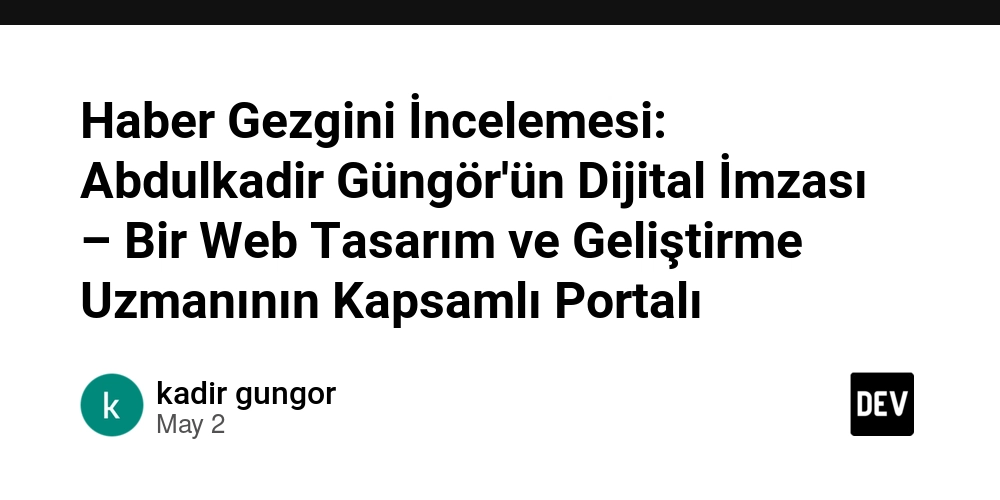


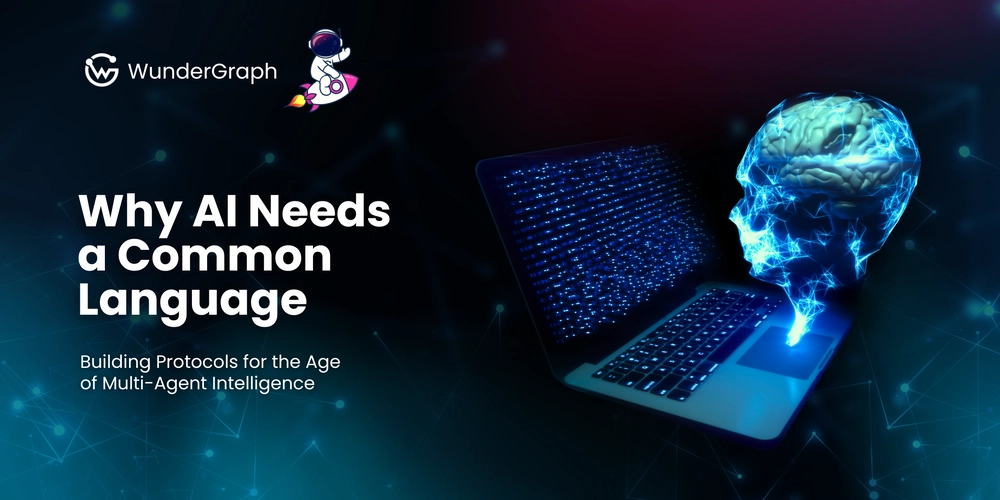













































































































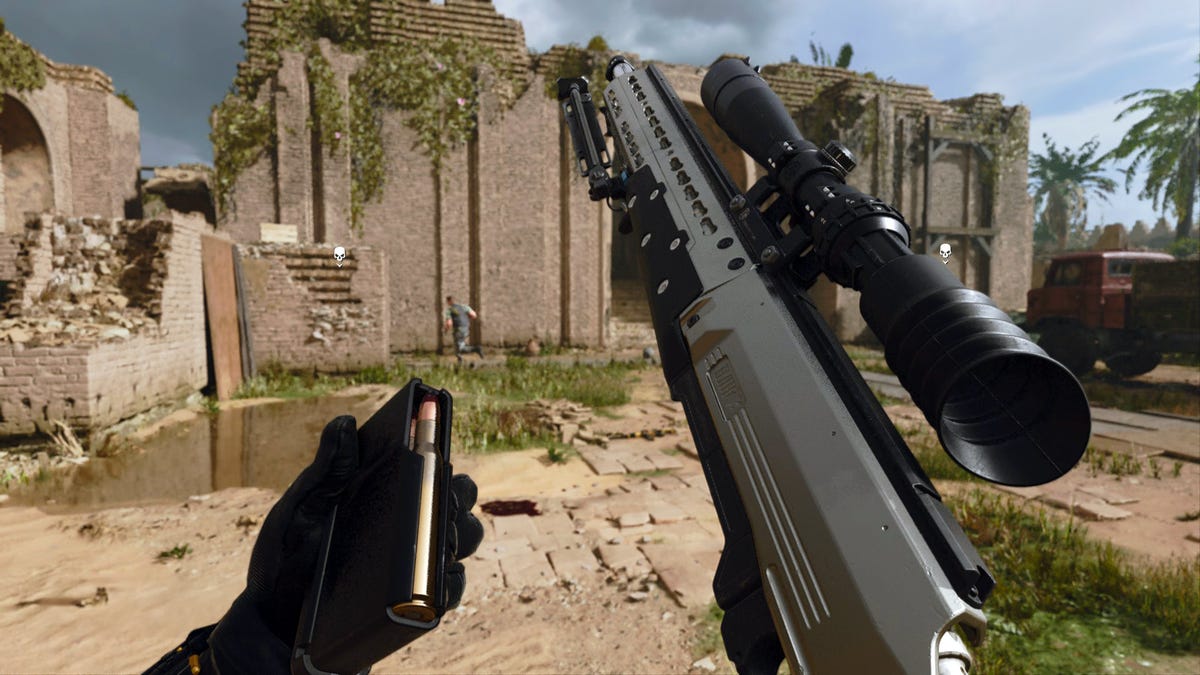














































_Andy_Dean_Photography_Alamy.jpg?width=1280&auto=webp&quality=80&disable=upscale#)










































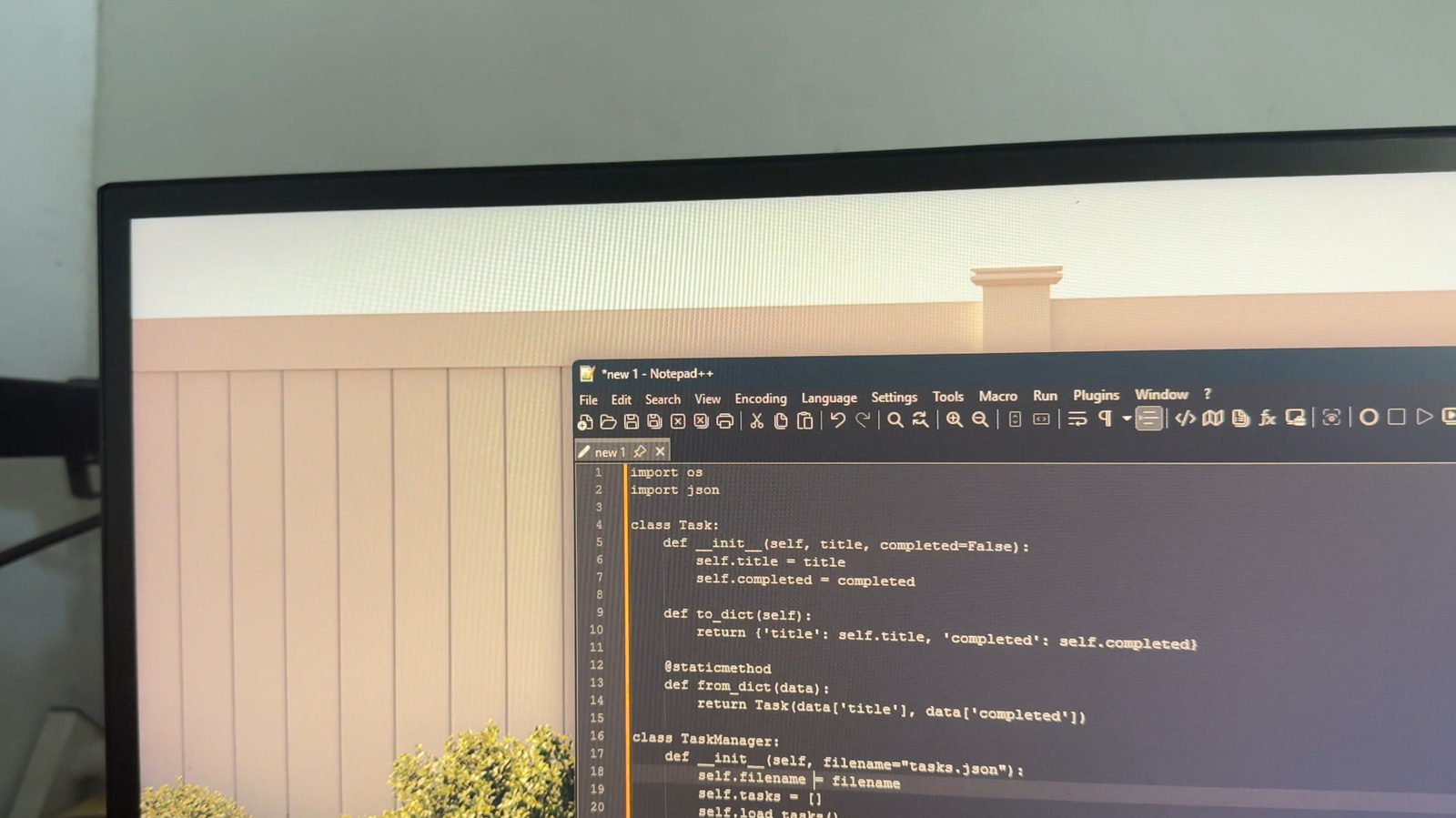














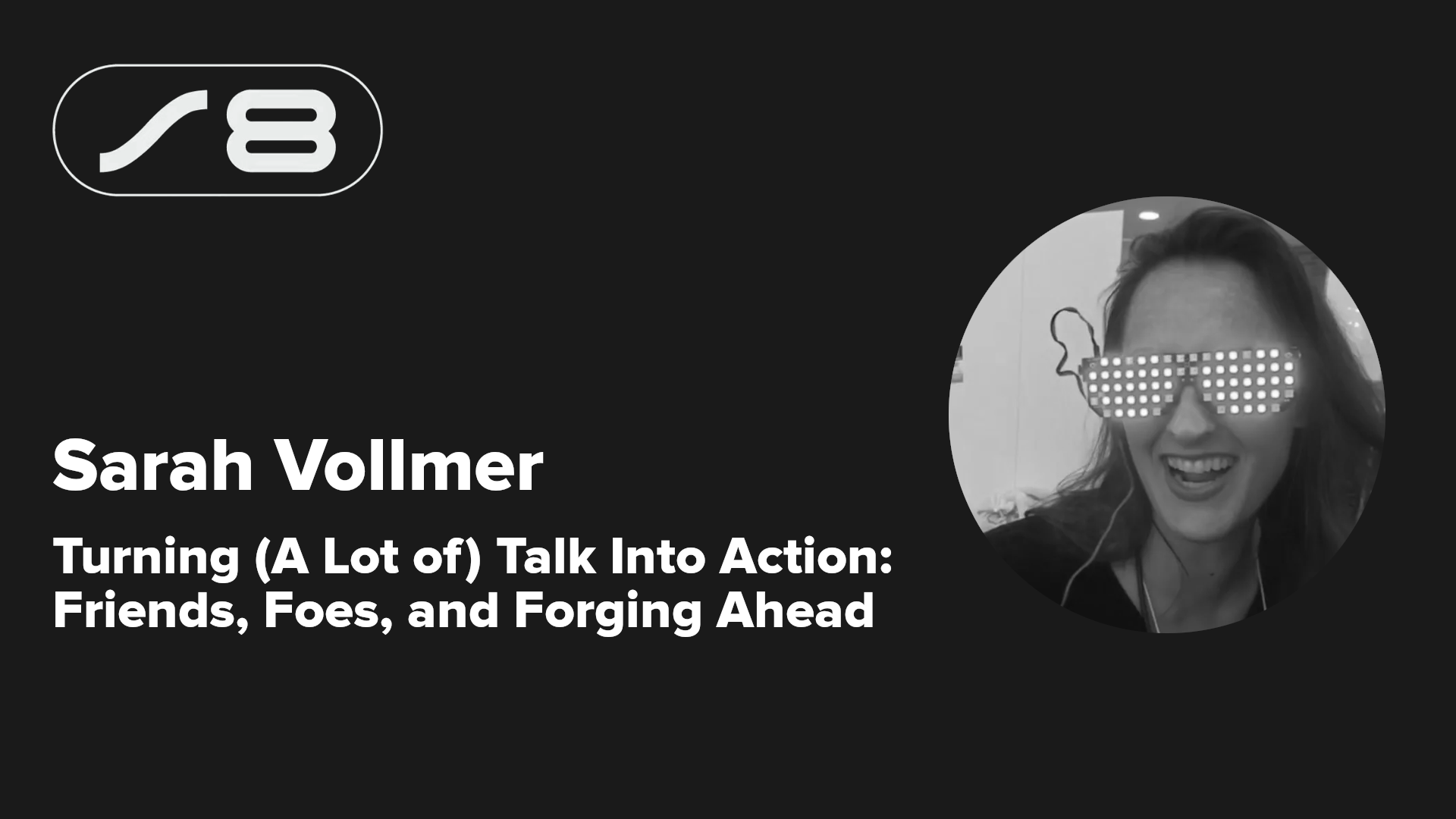























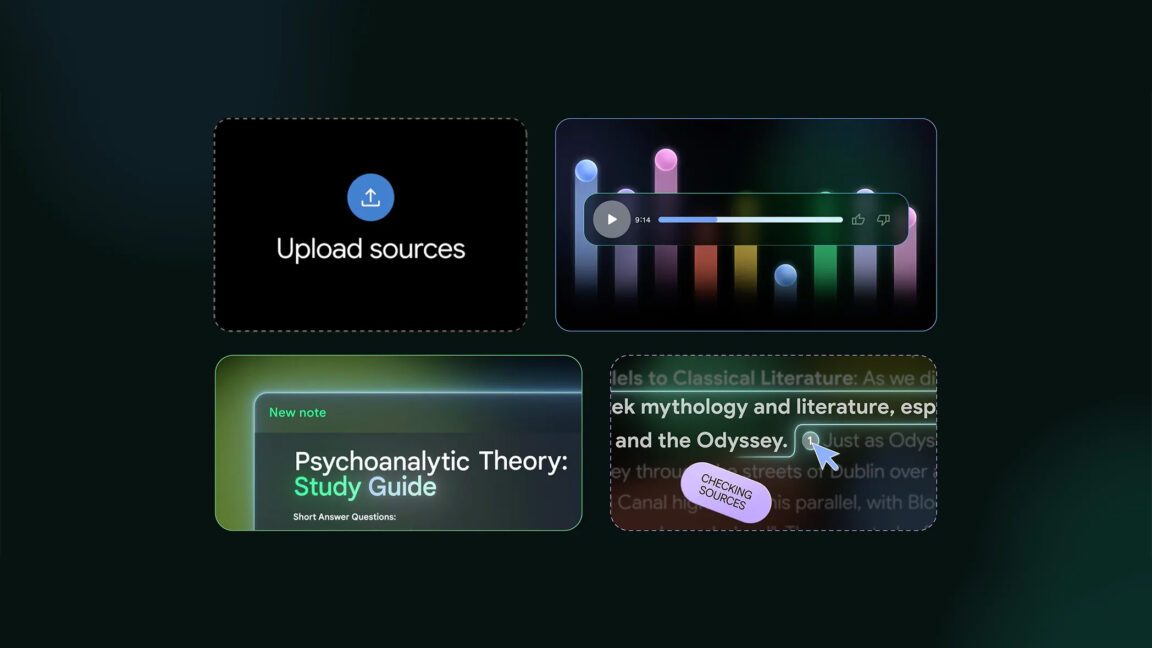






























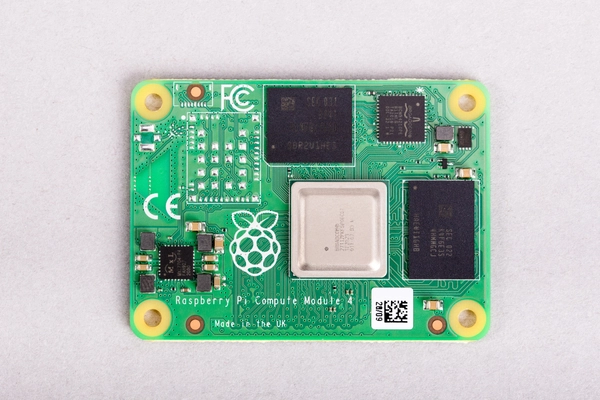
![Apple Developing AI 'Vibe-Coding' Assistant for Xcode With Anthropic [Report]](https://www.iclarified.com/images/news/97200/97200/97200-640.jpg)
![Apple's New Ads Spotlight Apple Watch for Kids [Video]](https://www.iclarified.com/images/news/97197/97197/97197-640.jpg)











































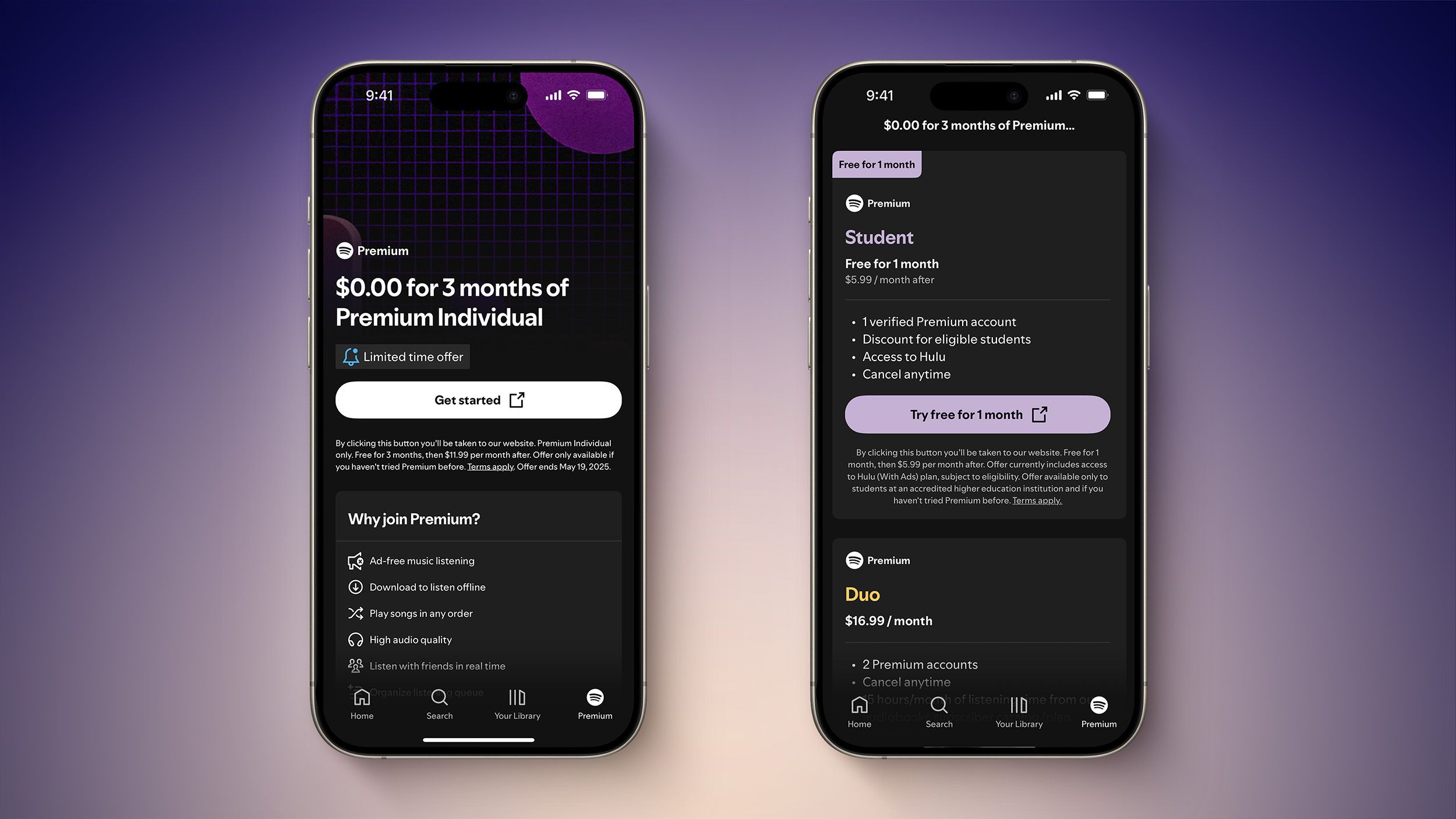


























![[Weekly funding roundup April 26-May 2] VC inflow continues to remain downcast](https://images.yourstory.com/cs/2/220356402d6d11e9aa979329348d4c3e/WeeklyFundingRoundupNewLogo1-1739546168054.jpg)





























